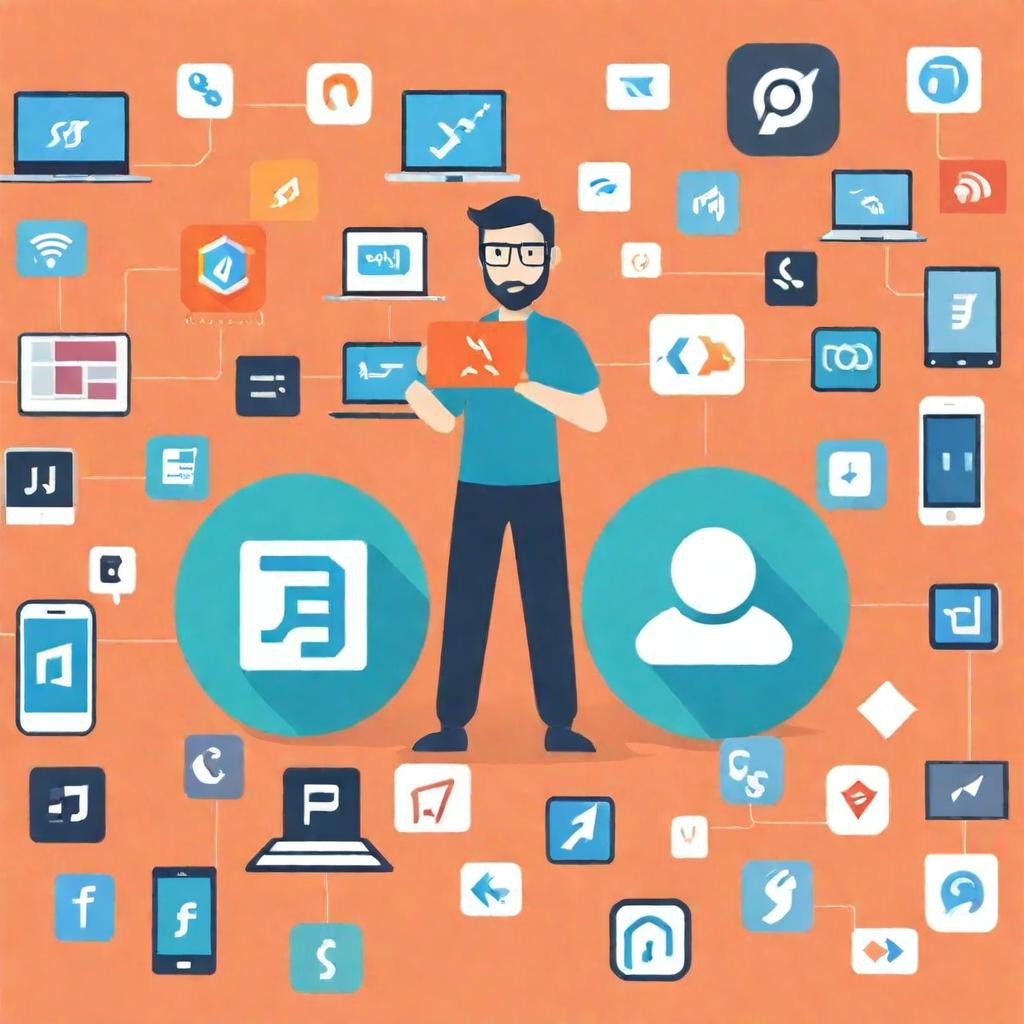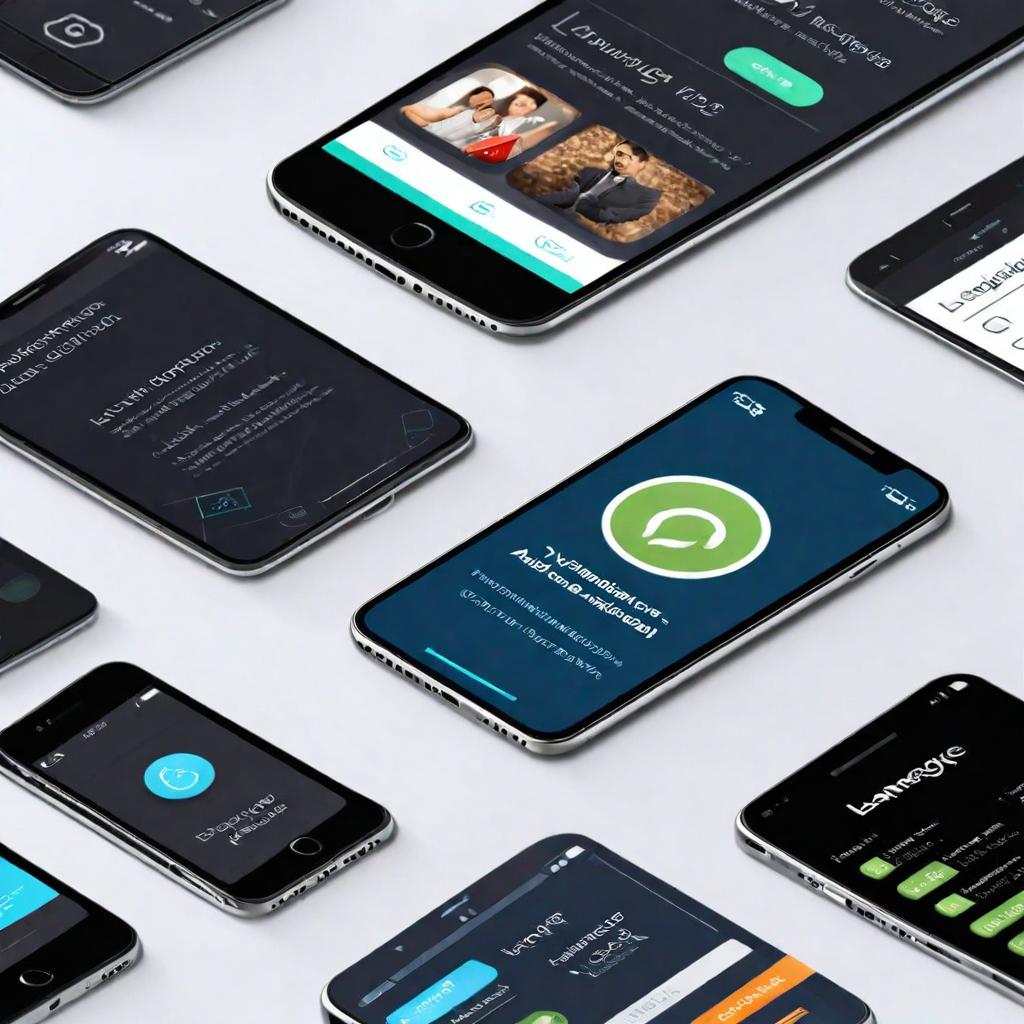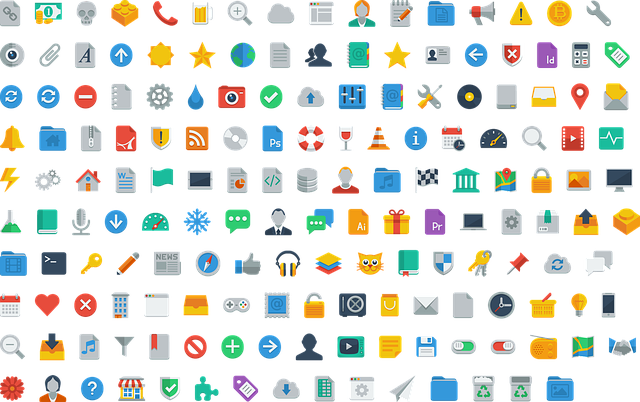Technology is the part of Our life .
Describing on of them topic.
Discussing Technology in the context of a mobile application company, several key technologies and concepts come into play. Here’s an overview:
Key Technologies

- Programming Languages:
- Swift: Primarily used for iOS app development.
- Kotlin: Used for Android app development.
- Java: Another popular language for Android development.
- Objective-C: Older iOS apps may still be maintained using this language.
- JavaScript: Used in frameworks for cross-platform app development.
- Frameworks and Libraries:
- React Native: A JavaScript framework for building native apps for both iOS and Android.
- Flutter: Google’s UI toolkit for building natively compiled applications for mobile, web, and desktop from a single codebase.
- Xamarin: A Microsoft framework for building cross-platform mobile applications using C#.
- Development Environments:
- Xcode: Integrated development environment (IDE) for macOS containing a suite of software development tools for iOS and macOS.
- Android Studio: The official IDE for Android development.
- Visual Studio Code: A lightweight but powerful source code editor which can be used with various extensions for mobile development.
- Backend Services:
- Firebase: Provides a suite of tools and services for app development, including real-time databases, authentication, and cloud storage.
- AWS Amplify: A set of tools and services that enables mobile and front-end web developers to build secure, scalable, and feature-rich apps.
- Database Solutions:
- SQLite: A lightweight database engine commonly used for local storage in mobile apps.
- Realm: A mobile database solution designed for simplicity and performance.
- Core Data: An Apple framework for managing the model layer objects in an application.
- Cloud Services:
- Google Cloud Platform (GCP): Provides a range of services from computing power to storage options.
- Microsoft Azure: Offers a wide array of cloud services including those for app development, storage, and analytics.
- APIs and Integrations:
- REST APIs: Used for communication between the app and backend services.
- GraphQL: A query language for APIs, providing a more efficient and flexible alternative to REST.
- Third-party SDKs: Integrations for services like payment gateways (Stripe, PayPal), social media (Facebook, Twitter), and analytics (Google Analytics, Mixpanel).
- Security:
- OAuth: An open-standard authorization protocol used for token-based authentication.
- JWT (JSON Web Tokens): A compact, URL-safe means of representing claims to be transferred between two parties.
- Encryption: Using technologies like SSL/TLS to secure data in transit and at rest.
Emerging Trends

- Artificial Intelligence (AI) and Machine Learning (ML):
- Integration of AI/ML models for features like personalized recommendations, image and voice recognition, and predictive analytics.
- Augmented Reality (AR) and Virtual Reality (VR):
- Enhanced user experiences in apps, particularly in gaming, retail, and education sectors.
- Internet of Things (IoT):
- Mobile apps controlling and interacting with connected devices.
- 5G Technology:
- Faster data transfer speeds and improved connectivity, enabling more advanced app functionalities and seamless user experiences.
- Blockchain:
- Use cases in security, transparency, and decentralized apps (dApps).
Conclusion
The mobile application landscape is constantly evolving, driven by advancements in these technologies. Whether you are looking to develop a new app or improve an existing one, understanding and leveraging these technologies is crucial for success. If you have specific questions or need advice on any particular technology or trend, feel free to ask!
Share this content:

